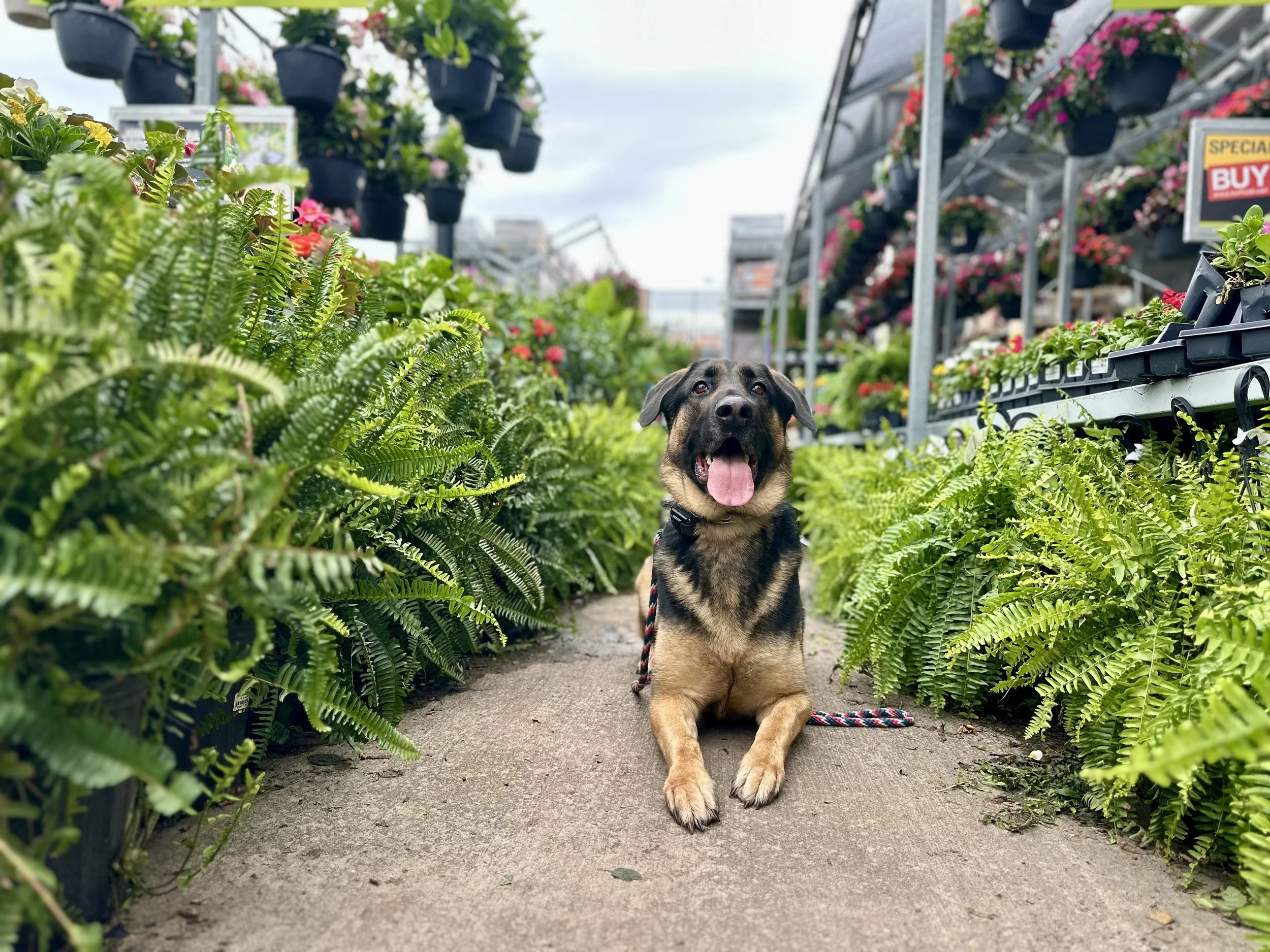
What words do dogs hear best?
What Words Do Dogs Hear Best?
Dog owners across Virginia and DC are often surprised to learn that dogs don’t just react to tone—they recognize specific sound patterns better than others. While dogs don’t understand language the way humans do, certain types of words are easier for them to hear, process, and respond to. Understanding these patterns can make training more effective and communication more consistent.
The Science Behind How Dogs Hear Words
Dogs hear frequencies and vocal tones differently than humans. They respond best to short, sharp, high-pitched sounds because these tones naturally grab their attention. Long, low, or drawn-out words tend to blend into background noise, especially in busy environments like parks, neighborhoods, or city settings in DC.
The ideal words for training are:
One or two syllables
Crisp consonants (K, T, P, S)
High-energy sounds
Unique from everyday conversation
That’s why commands like sit, stay, come, and down are universally used—they’re easy for dogs to distinguish.
Words Dogs Hear and Respond to Best
Dogs learn patterns through repetition. The best training words are short, consistent, and paired with the same tone every time.
Common training cues that dogs hear clearly include:
“Sit” – short, sharp, and distinct
“Come” – strong consonant sounds that travel well over distance
“Stay” – clear vowel shift dogs easily pick up
“Down” – deep tone that signals calmness
“No” – abrupt and attention-grabbing
Dogs also respond well to happy, upbeat tones when praising and calm, steady tones when correcting.
Name Recognition: What Works Best?
Names with sharp consonants or ending vowels help dogs learn faster. For example:
Kona
Milo
Koda
Luna
Nala
Dogs in Virginia and DC training programs often learn their name more quickly when it’s short, distinct, and not overused in casual conversation.
How to Make Communication Clearer for Your Dog
No matter what word you choose, consistency is everything. Dogs process sound patterns, not English meaning.
For the best results:
Use the same word for each command (don’t mix “come” and “here”)
Pair each word with a consistent hand signal
Keep your tone upbeat for commands and rewards
Practice in quiet environments before progressing to busy areas
Dogs learn fastest when your voice becomes predictable and your commands stay simple.
Final Thoughts
Dogs hear best when words are short, sharp, and consistent. Whether you’re training at home or working with a professional in Virginia or DC, choosing the right words—and using them the same way every time—makes communication clearer and training results stronger.
